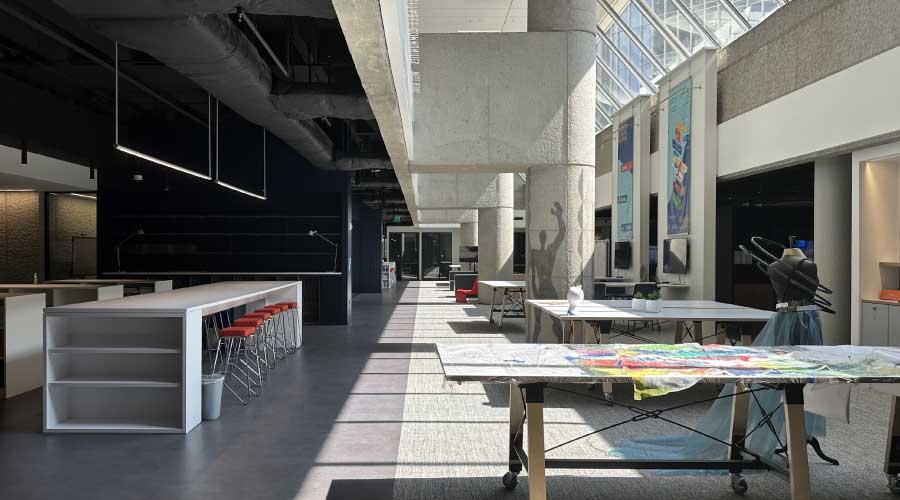Commissioning Existing Buildings Has One Year Payback, Berkley Lab Concludes
A recently updated report from Lawrence Berkley National Laboratory (LBL) has again found that commissioning has significant benefit to both new and existing buildings.
A recently updated report from Lawrence Berkley National Laboratory (LBL) has again found that commissioning has significant benefit to both new and existing buildings.
Released in July, LBL's new study updates its 2004 study with triple the number of projects. The report concluded that commissioning maximizes the quality and persistence of energy, cost, and emissions reductions. Commissioning, the report concludes, ensures that a building performs as designed.
Commissioning states the report, "provides risk-management and an insurance for policymakers and program managers enabling their initiatives to actually meet targets, and detects and corrects problems that would eventually surface as far more costly maintenance or safety issues."
Key findings of the report include:
Median commissioning costs: $0.30 and $1.16 per square foot for existing buildings and new construction, respectively (and 0.4 percent of total construction costs for new buildings)
• Median whole-building energy savings: 16 percent and 13 percent
• Median payback times: 1.1 and 4.2 years
• Median benefit-cost ratios: 4.5 and 1.1
• Cash-on-cash returns: 91 percent and 23 percent
The report also found that commissioning generates extensive non-energy benefits that often offset part or all of the commissioning cost. What's more, limited multi-year post-commissioning data indicate that savings often persistent for a period of at least five years.
The report also responds to a widely held concern that end-users do not have confidence in the nature and level of energy savings that can be achieved through the commissioning process. It addresses this issue by assembling diverse case studies and previously unpublished data, and developing performance benchmarks using standardized assumptions. The results demonstrate that commissioning is arguably the single-most cost-effective strategy for reducing energy, costs, and greenhouse-gas emissions in buildings today.
Related Topics:











